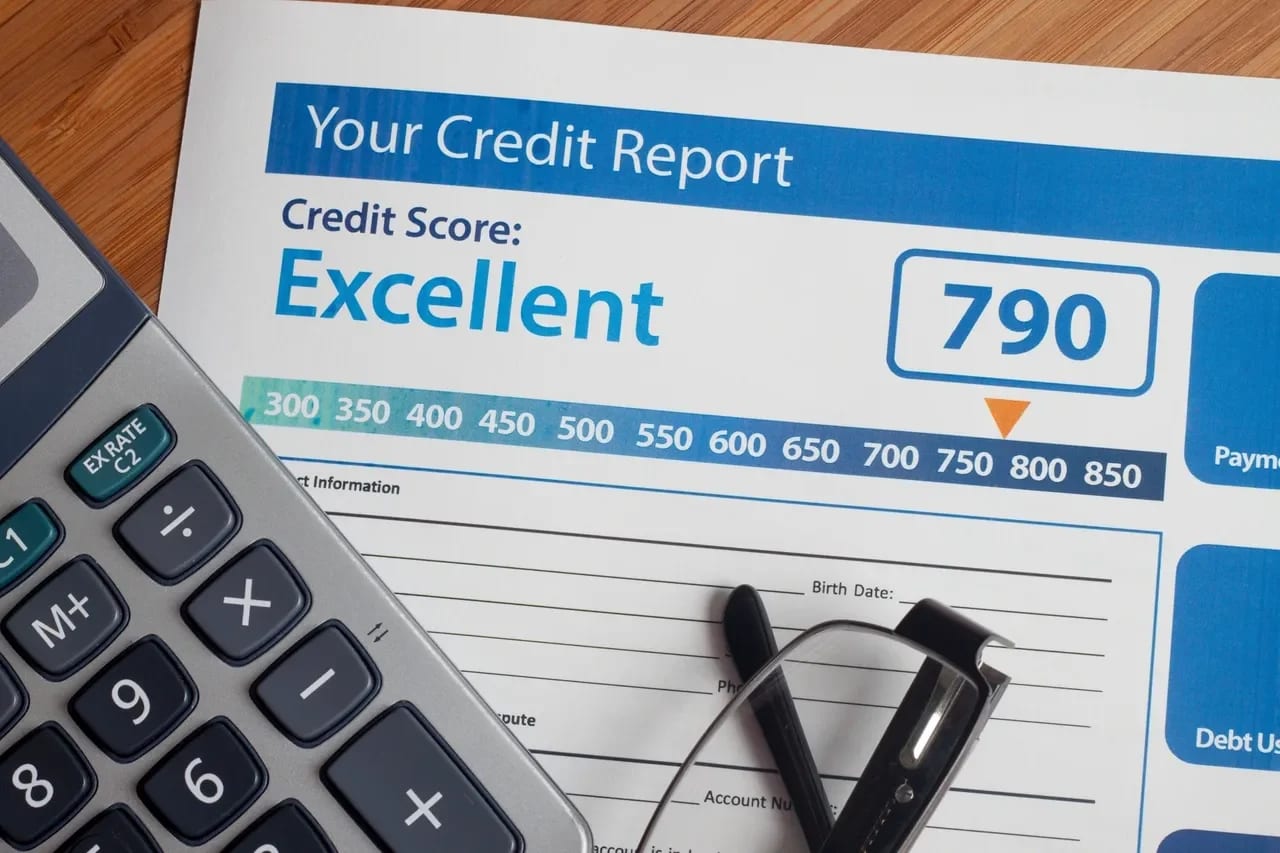Your Fico Score
March 21, 2022

March 21, 2022


Stay up to date on the latest real estate trends.

Sarah Rock | September 12, 2023
Exploring the Charm and Delights of Barnstable, MA.

Sarah Rock | June 7, 2023
Relax on picturesque beaches and soak in historic seaside living.

Sarah Rock | June 7, 2023
Discover all the hidden gems in this small but quaint community in Cape Cod.

Sarah Rock | March 22, 2023
Mashpee is full of outstanding recreational and entertainment possibilities.

Sarah Rock | March 22, 2023
Thinking about moving to Falmouth? Here are some things you should know before you arrive.

Sarah Rock | December 28, 2022
The insider’s guide to getting top dollar for your Massachusetts property.

Sarah Rock | November 15, 2022
Stay informed and ahead of the competition to lock in the home you want in the Bay State.

March 21, 2022
If you have less than perfect credit, keep looking until you find a lender who will work with you.

February 15, 2022
You really can have that amazing new kitchen without losing your mind with these 5 tips!
Our team will serve as your ultimate resource every step of the way, and they go above and beyond to foster a smooth, seamless, and stress-free experience. We are the negotiating experts, the marketing gurus, the advocators, the local insiders, and the professional agents you can trust to exceed your expectations.